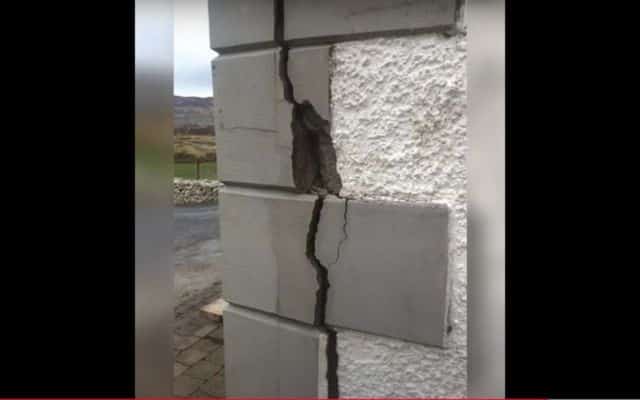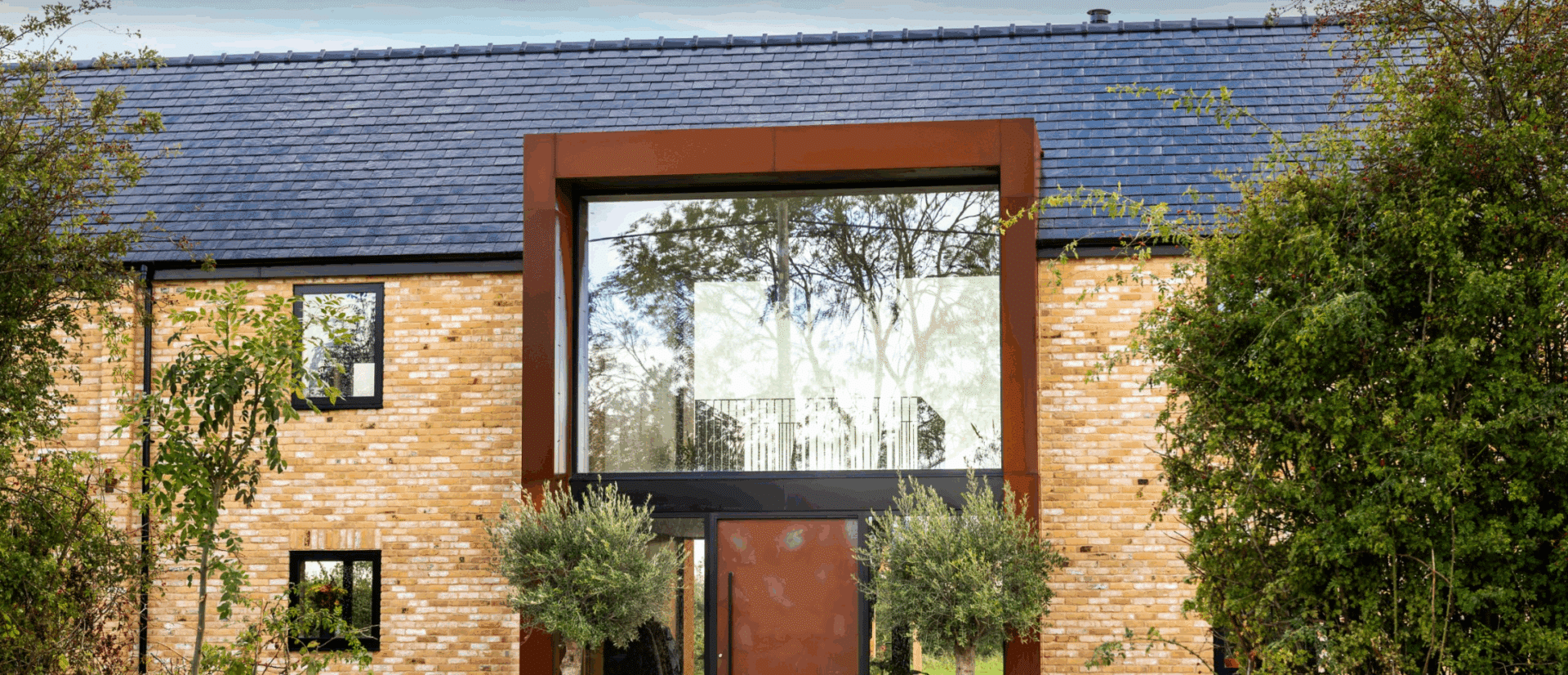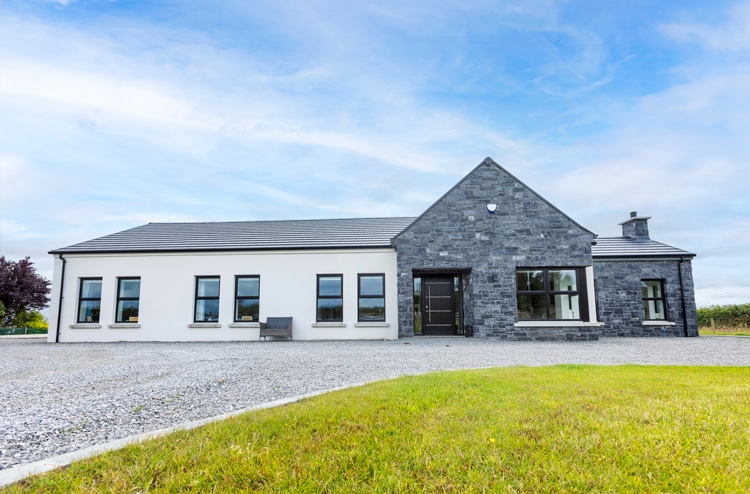Although materials are no longer a problem to source, and price increases are expected to ease, builders still see inflation and access to skilled labour as threats to profitability in 2023.
In this article we cover:
- ROI consulting firm predictions
- NI builder’s survey
- Material availability issues
- Material price increases
- State of labour market
After the war in Ukraine pushed up the price of everything from steel to aluminium and brick, consulting firm Mitchell McDermott says material prices “began to moderate in Q3 and encouragingly plateaued in Q4”.
According to the firm, general construction inflation increased by 12 per cent in 2022, and it expects a 5 to 7 per cent increase in 2023.
Paul Mitchell, one of the authors of the report, said we may be coming to the end of the current inflationary cycle and that costs are “trending in the right direction”.
“Although the number of people employed in construction increased by 25,000 in 2022 to 171,000, we will need another 20-30,000 in the short-term if we are to push inflation lower while increasing apartment output,” said Mitchell. “Given Ireland’s low unemployment rates and the departure of many workers to their home countries post covid this will be a real challenge.”
Material prices
From one analysis timber, which was hit by the felling licencing delays, and steel have dropped in price but at the moment it looks like prices overall are plateauing. Some energy intensive industries, e.g. those related to quarrying are still dealing with the high cost of energy although it appears those pressures could ease if energy prices continue to drop.
Meanwhile, nearly two thirds of (63 per cent) of builders said inflation continues to pose serious financial concerns and 85 per cent said they expected material costs to continue to rise. That’s according to the Construction Employers’ Federation July to December 2022 survey.
80 per cent said material availability issues were now manageable. 43 per cent of the firms surveyed were looking to consolidate their business over the coming 12 months, with 27 per cent looking to increase profitability.
67 per cent of firms said they were either at full or almost full capacity while only 7 per cent said they currently had capacity for significant levels of new work.
Only 13 per cent of respondents believed there would be more public and private sector opportunities in NI in 2023 with 60 per cent foreseeing a decline in activity.
Richard Ramsey, Ulster Bank Chief Economist, Northern Ireland, said: “the cost of living crisis and rising interest rates will hit housing affordability and demand. 2023 is set to be a more challenging year as concerns over supply-chain difficulties and inflation give way to weakening demand. There is also an over-supply of office space, pressure on capital spending budgets, and impediments such as inadequate infrastructure to enable development.”











